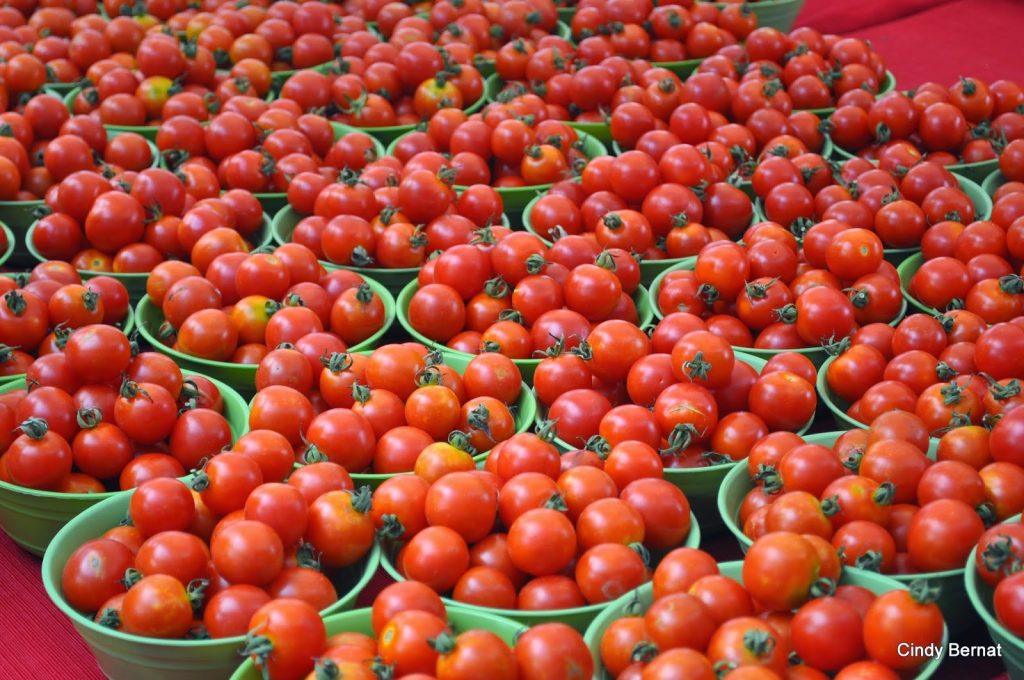A recent undercover survey has revealed that Nigeria’s porous borders and the poor capacity of Nigerian consumers to differentiate between quality and substandard tomatoes paste products are the biggest factors challenging the success of Nigeria’s indigenous tomato paste industry.
A recent visit to the border town of Seme and Cotonou in Benin Republic revealed that there are huge warehouses heaped with imported tomato paste brands like Super Mum, Leya, Toma, Ginu, Bonjour, Fam Stew and many others. All the 12 warehouses visited eagerly offered to deliver in Nigeria any quantity of any brand chosen within two days if 70 per cent down payment was made.
In a bid to convince prospective buyers, a top distributor in Cotonou, Fedinand Ababio, pointed at packed consignments he claimed would be delivered to Nigeria that night.
With Nigeria’s economy dominated by substandard and cheap tomato paste products smuggled across the borders, tested local brands like Vitali, Ric-Giko and Sonia are left to fight for the life of their local firms.
Another survey has equally revealed that the yardstick used by most consumers to pick their preferred tomato paste brand is the level of “thickness” and “redness” of the paste.
In a chat with 22 housewives and caterers in three different areas of Lagos, all those who had preferred brands of tomato paste used this erroneous yardstick in arriving at their choice.
Recent findings by the National Agency for Food and Drug Administration and Control (NAFDAC) showed there was need for massive consumer education in the area of knowing a tomato paste brand that is healthy to avoid the risk of self-poisoning.
NAFDAC officials recently visited 27 main markets and four major supermarkets around Lagos and picked 330 samples of tomato pastes for laboratory analysis. The results for 314 were later released. Out of 314 released, 286 of these tomato pastes originating from China, representing 91.1 per cent, were found unsatisfactory in terms of tomato content. Only 28 returned satisfactory, even though both satisfactory and unsatisfactory tomato pastes had the same red colour.
The red colour in most of the tomato pastes imported into Nigeria indicates an addition of colorant, which is prohibited, dangerous to health and shows that the producers are merely adding colour rather than the raw material called concentrates into tomato pastes imported into Nigeria. These colouring stick to veins, arteries and vital organs and could accumulate to cause various diseases to the body.
Another revelation from the research is that the majority of the imported tomato pastes in the country do not contain lycopene, thereby exposing millions of Nigerians to cancer and other deadly diseases.
Lycopene is a free radical-fighting antioxidants. Free radicals are damaging molecules that float around in the body disrupting cells and promoting disease. Antioxidants such as lycopene destroy free radicals so they can’t attach to your cells and wreak havoc on the immune system.
The deception is completed by reducing the content of tomato concentrates and filling up the space with starch to boost thickness.
With Nigerian consumers effectively deceived by these products that are smuggled into the country, genuine local producers like Erisco Foods Ltd are in danger.
Erisco has a 450,000 metric tonnes per annum capacity plant in Lagos, equipped to steer a tomato paste revolution in the country and end the annual wastage of over 75 per cent of fresh tomatoes across Nigeria.
The President/Chief Executive Officer of the company, Chief Eric Umeofia, has repeatedly promised to create thousands of jobs for Nigerians as long as the Federal Government supports and protects her $150 million plant.
Umeofia is disturbed by the activities of nefarious tomato paste importers, noting that they are almost bringing the local tomato paste industry to its knees.
In an advertorial in a national newspaper on Thursday, Umeofia called for the total ban on the importation of substandard food products into the country.
He said: “Each day we delay on the total ban on the importation of all these substandard food products into Nigeria, it will continue to bring economic and health hardship and exportation of Nigerian job opportunities to foreign countries while President Muhammadu Buhari is having sleepless nights on how to create jobs for many unemployed Nigerians.”

